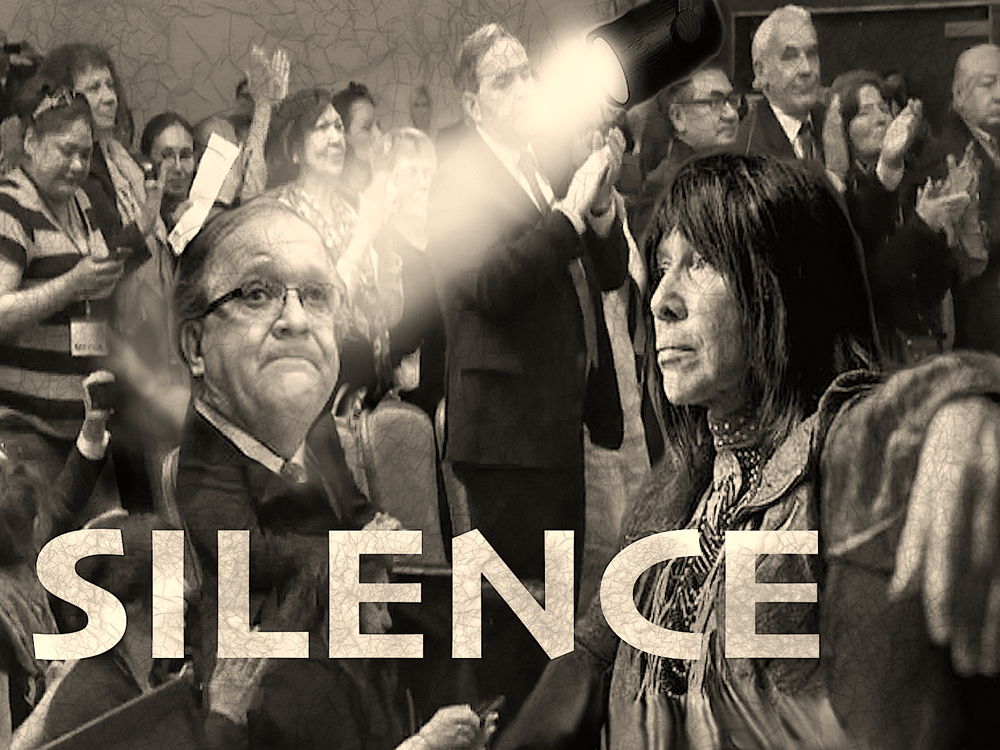
Attentive readers will have noticed that I’ve spent the past month busily doing things other than writing for this blog. I’ve actually been working on a few academic articles, but also a long piece for the Ottawa Citizen, which just came out online today. It’s called “The Forever Campaign” and it deals with the problem that John Stuart Mill referred to as “the great mischief of unintermitted electioneering.”
Here’s a bit that pertains to our current electoral campaign:
… Continue readingPerhaps the signature accomplishment of the Harper Government, when it comes to accelerating the decline of Canadian democracy, has been the transformation of parliament itself, and of the legislative process, into an instrument of the political campaign.
Governing parties have always passed laws that they feel will appeal to their favoured constituencies. Historically, however, these laws have also attempted to achieve something, above and beyond merely appealing to these groups.




